Home - SCIOPS 2019
Esa/eso sciops workshop 2019 #sciops2019
"WORKING TOGETHER IN SUPPORT OF SCIENCE"
"Cross Facilities Collaboration in the Multi Messenger Era"
19-22 november 2019
European Space Astronomy Centre (ESAC)
ESA, Villanueva de la Cañada, Madrid, Spain

With the observations of electromagnetic counterparts to gravitational wave events and to high-energy neutrinos, astrophysics has entered the multi-messenger era. New powerful survey facilities at different wavelengths are becoming reality and will hugely increase the number of potentially interesting targets in the next few years. A growing network of observatories is being made ready to follow up on exciting events. But the sheer number of expected follow-up targets and the complexities of collaboration and coordination among wide groups of researchers and different observatories poses many challenges to the existing means and ways of working.
At the same time, technology continues to make rapid advances, allowing for unprecedented interconnectivity, fast and interactive visualisation and new methods of machine-supported analysis for huge data sets. As the everyday experience of dealing with technology and information evolves, so do requirements on the organisations providing data to the scientific community and the general public.
This 4th ESA-ESO collaborative workshop will focus on the experiences gained in the last years in multi-mission, multi-wavelength and multi-messenger collaboration, on the challenges for the coming years and on ideas and approaches to tackle these challenges.
download poster: PDF (26.5 MB)
Discussion areas will include:
- Collaboration between large scientific teams in the multi-messenger era (scientific drivers, challenges, lessons learned, feedback from experience, ...)
- How space- and ground-based observatories communicate their transient and observational capabilities, and potentially prepare and/or adapt them to provide scientists with access to time and data for multi-messenger programs (i.e. use of follow up facilities and data including access and support to science ready data products and facilities for which researchers are not necessarily experts, …)
- Cultural and policy changes needed to enable multi facilities time allocation, prioritization of observations, publishing of information on upcoming observations and data sharing
- Tools, services and standards to support coordination between facilities, for selection and publication of targets by survey facilities, coordination and publication of follow-up (fast) observations among observatories as well as for publishing, searching, analysing and visualizing data
- Tools and services to support collaboration between teams
- Removed a total of (8) style text-align:center;
- Removed a total of (11) style text-align:justify;
- Removed a total of (1) style float:left;
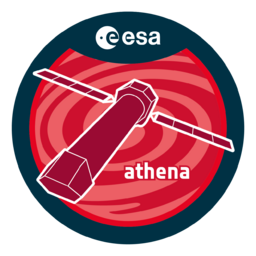
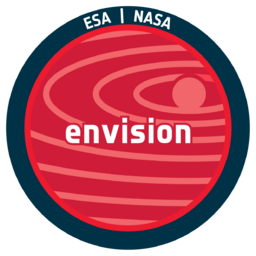
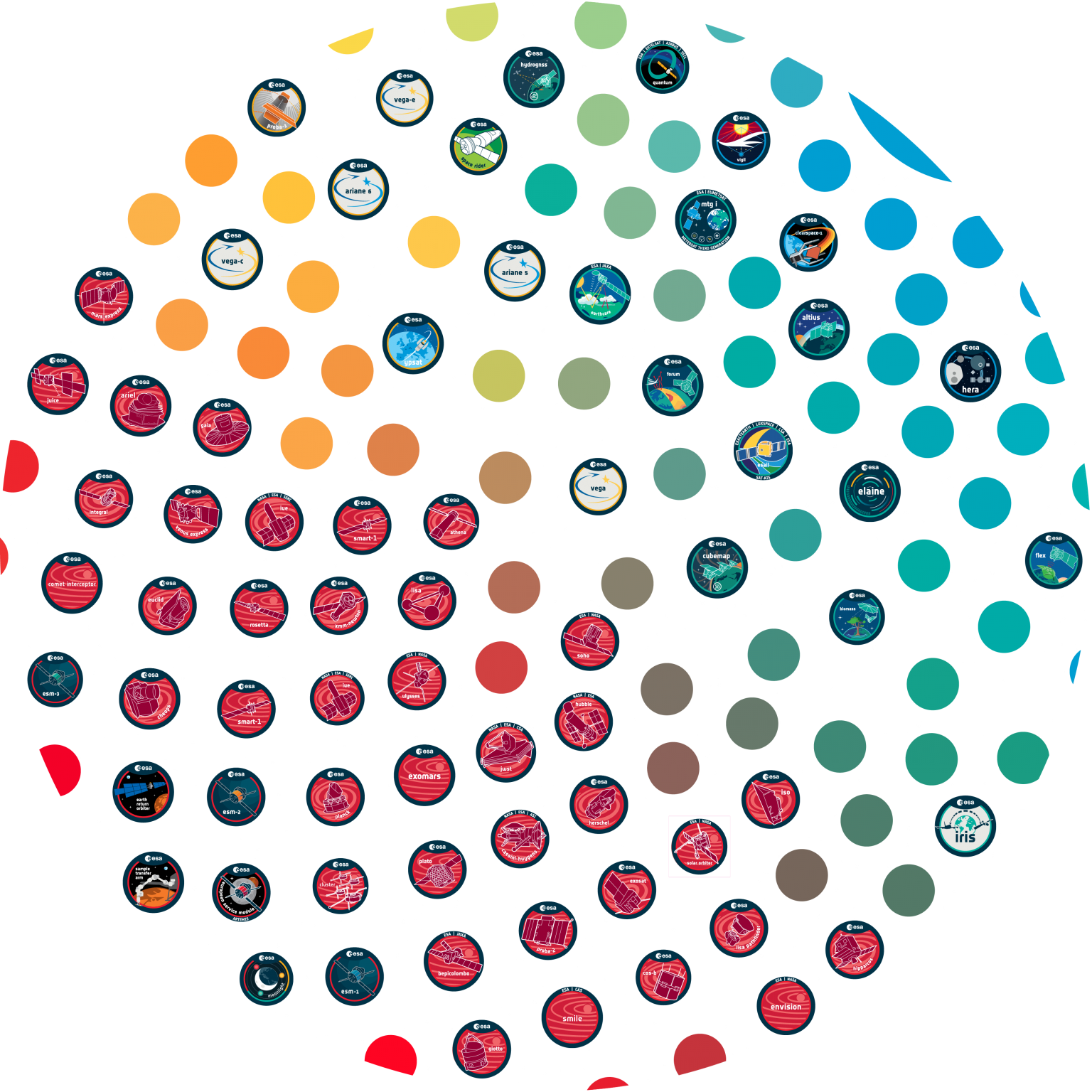
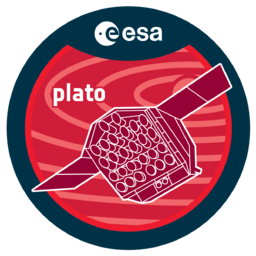
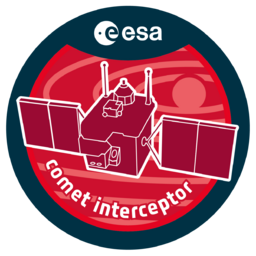

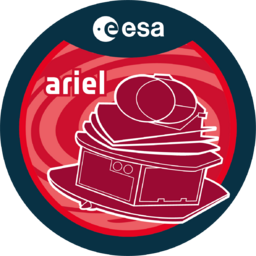
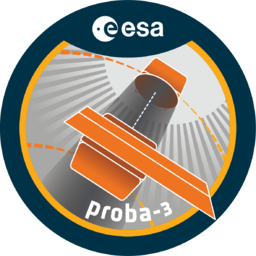
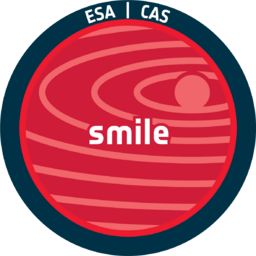
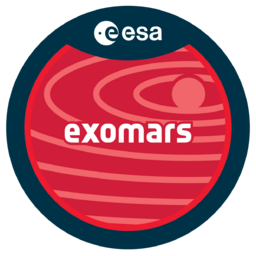
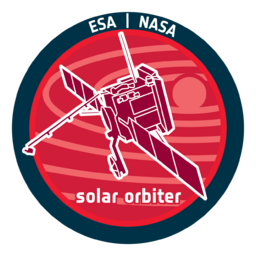
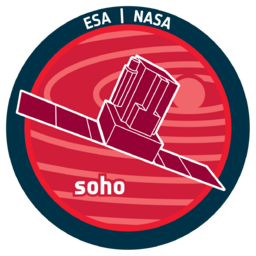
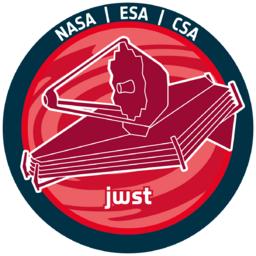
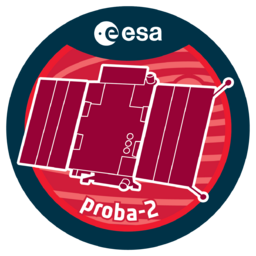
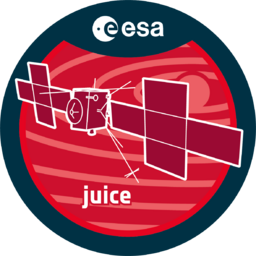
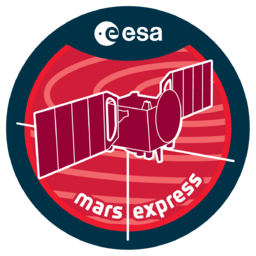
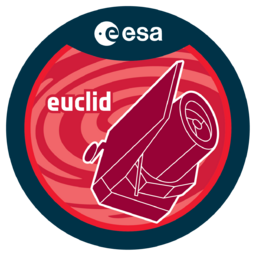
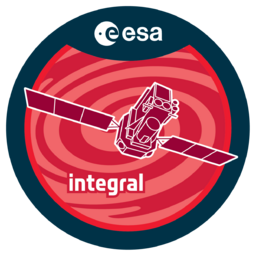
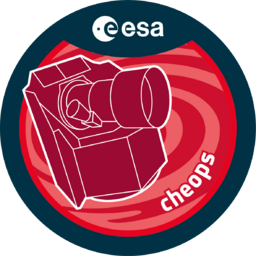
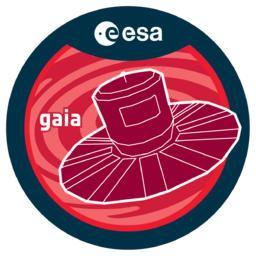
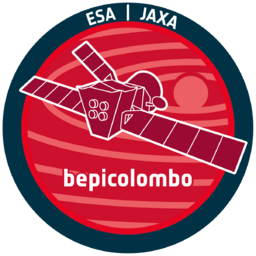
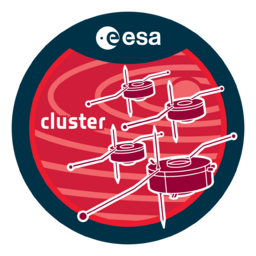
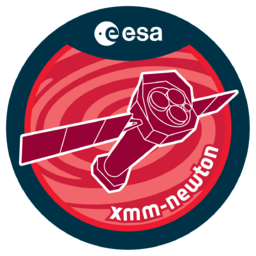
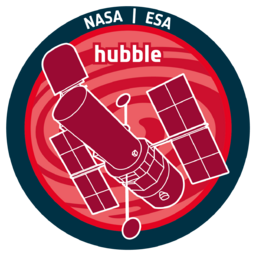
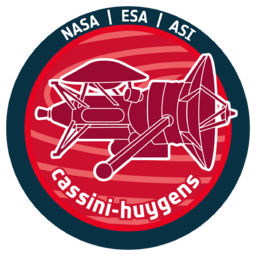
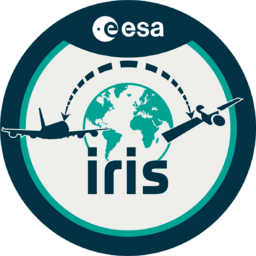
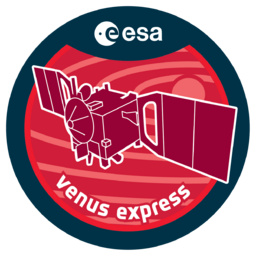
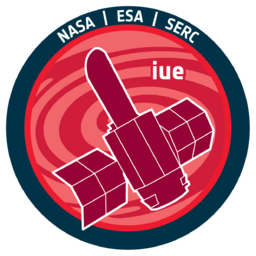
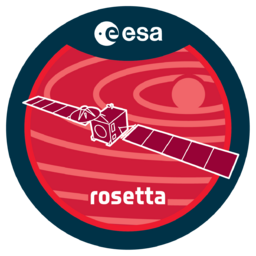
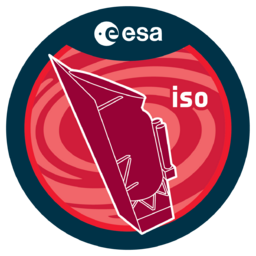

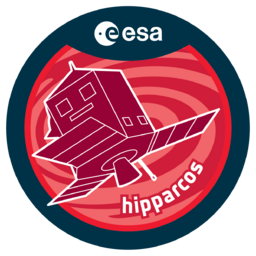
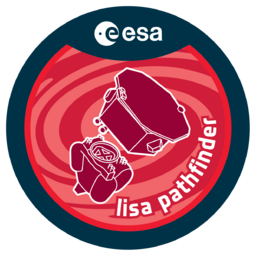
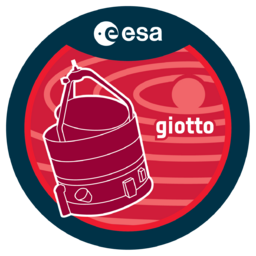
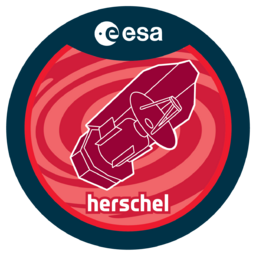
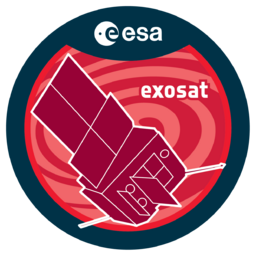
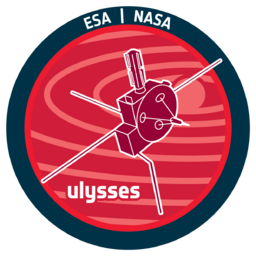
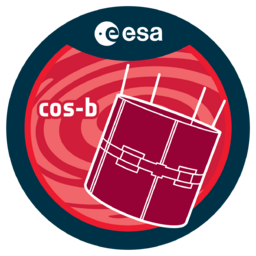
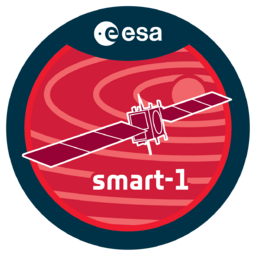

 Sign in
Sign in
 Science & Technology
Science & Technology
